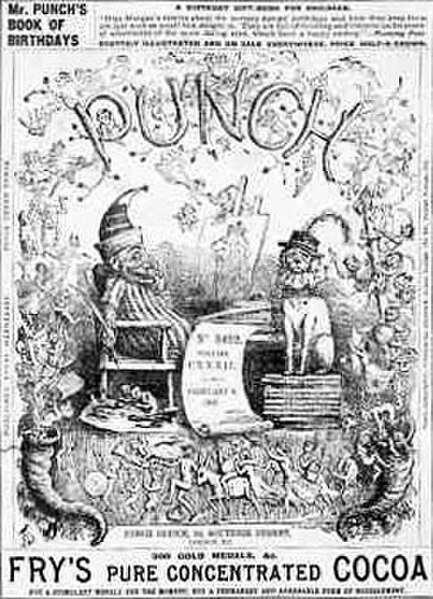The Ig Nobel Prize is a satiric prize awarded annually since 1991 to celebrate ten unusual or trivial achievements in scientific research. Its aim is to "honor achievements that first make people laugh, and then make them think." The name of the award is a pun on the Nobel Prize, which it parodies, and on the word ignoble.
The 2000 Ig Nobel Prize in physics was awarded to Andre Geim, Radboud University Nijmegen, and Michael Berry, University of Bristol, UK, for the magnetic levitation of a live frog. Geim was awarded an actual Nobel Prize in Physics in 2010.
Satire is a genre of the visual, literary, and performing arts, usually in the form of fiction and less frequently non-fiction, in which vices, follies, abuses, and shortcomings are held up to ridicule, often with the intent of exposing or shaming the perceived flaws of individuals, corporations, government, or society itself into improvement. Although satire is usually meant to be humorous, its greater purpose is often constructive social criticism, using wit to draw attention to both particular and wider issues in society.
1867 edition of Punch, a ground-breaking British magazine of popular humour, including a great deal of satire of the contemporary, social, and political scene
A satire by Angelo Agostini to Revista Illustrada mocking the lack of interest from Emperor Pedro II of Brazil in politics toward the end of his reign
"Le satire e l'epistole di Q. Orazio Flacco", printed in 1814
The satirical papyrus at the British Museum





